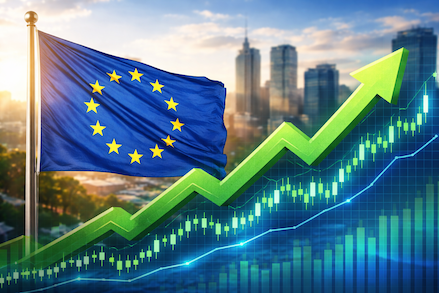Commodity Monthly Monitor

Commodities had their best quarterly performance in a decade – 16 Jun 2021 – 16 Jul 2021
The big picture
- The Bloomberg Commodity Total Return (BCOM TR) Index posted its third consecutive month of gains in June 2021, capping the quarter with a 13.3% q-o-q gain, the strongest since Q4 2010.
- Following a two-week stalemate, the Organisation of the Petroleum Exporting Countries and its partners (OPEC+) finally reached an agreement on Sunday 18th July. The agreement would add considerably more barrels of oil than the market had been expecting a month ago.
- Agricultural commodity prices have also seen elevated volatility in the past month. A sharp rally heading into the end of June was punctured in the first week of July, to rise once again in the second week of July as the complex responds to extreme weather (and potential signs of alleviation).
- With multiple inflation surprises, especially in the US, more investors are looking to commodities to provide an inflation hedge. Historically, broad commodities have presented a very strong inflation beta and therefore investors are increasingly looking to this asset class which has a good track record in protecting against inflationary surprises.
A glance at the sectors
Precious metals:
- Down 3.6% over the reporting period (stated at the top of the page).
- Gold still recovering from the sharp pullback in prices following last month’s Federal Reserve meeting. Persistently high inflation numbers should help lift gold further.
- Platinum and palladium were held back due to weakness in automotive demand as the sector is facing supply chain challenges. Their correlation with gold may help them overcome near term challenges if gold picks up further.
Industrial Metals:
- Up 0.7% over the period with mixed performance across the range.
- The news about China selling state reserves caused an adverse reaction among industrial metals but now, markets are beginning to realise the impact may not be as significant.
- Rising demand from electronics and role in the energy transition helped lift tin prices to an all-time high. The International Tin Association expects tin markets to be in a supply deficit in 2021 and 2022.
Energy:
- Energy sector was up 3.4% over the period.
- The new OPEC+ deal not only signifies how the group has enough spare capacity to keep the market well-supplied, but it has also directly increased production quotas for several countries potentially bringing more barrels to the market and incentivising additional capex in the industry.
- Henry Hub natural gas prices reached six-year highs as above average temperatures in the US increased air conditioning demand. Moreover, demand for US natural gas exports has also increased.
Agriculture:
- Agriculture sector was up 2.3% over the period.
- Soybean oil posted the highest returns within the agricultural commodity complex. The gains have largely been driven by demand for soybean oil as a primary feedstock for biodiesel production.
- Coffee prices rose 5.1% over the period owing to frost in key coffee growing regions in Brazil, the world’s largest producer and exporter of coffee. Frosts in Brazil do not affect the crop being harvested at the time of the frost, they tend to affect the production of the following year’s crop.
Source: All data sourced from Bloomberg as of 16 July 2021.
This material is prepared by WisdomTree and its affiliates and is not intended to be relied upon as a forecast, research or investment advice, and is not a recommendation, offer or solicitation to buy or sell any securities or to adopt any investment strategy. The opinions expressed are as of the date of production and may change as subsequent conditions vary. The information and opinions contained in this material are derived from proprietary and non-proprietary sources. As such, no warranty of accuracy or reliability is given and no responsibility arising in any other way for errors and omissions (including responsibility to any person by reason of negligence) is accepted by WisdomTree, nor any affiliate, nor any of their officers, employees or agents. Reliance upon information in this material is at the sole discretion of the reader. Past performance is not a reliable indicator of future performance.
Retrouvez l’ensemble de nos articles Business ici








